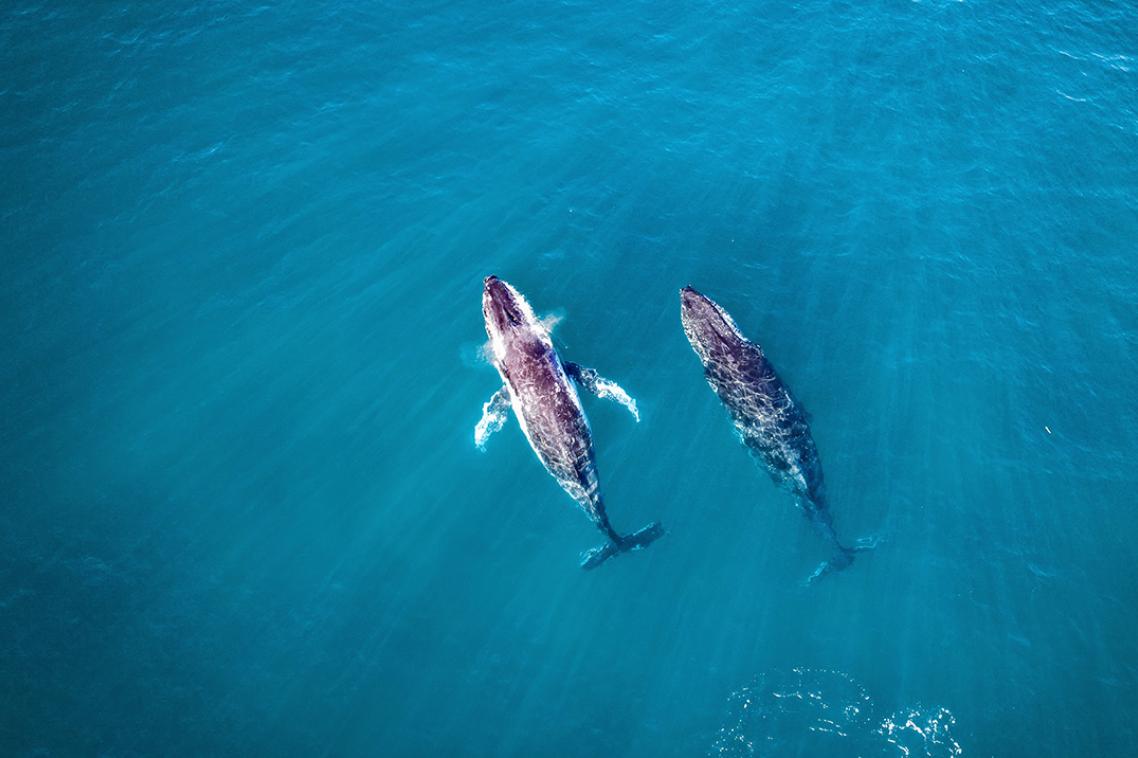Limit immigration to save environment: essay
Limiting immigration may be the best government policy until cheaper and more environmentally conscious methods of energy are created, according to the recent winner of a national economics essay competition.
UQ Bachelor of Arts graduate and current T. C. Beirne School of Law student Kimberley Barsby won the Pearson Education Economics Essay Competition with her short analysis of the likely impact of increased immigration for business and the environment.
In her essay, based on an Introductory Macroeconomics assignment undertaken in the School of Economics, Ms Barsby says statistical evidence suggests negligible increases in GDP per capita as a result of immigration.
"This could be the result of unskilled migrants (refugees, family reunions etc) and skilled migrants unable to utilise their skills effectively," she said.
"In the short-run migrants have higher levels of unemployment. In particular, unskilled migrants will be unemployed for longer periods than Australian-born citizens, thus not contributing as much to GDP as other sections of the community.
"Some skilled migrants also find it more difficult than Australian-born citizens to put their skills to effective use. This could offset the gains to GDP per capita the skilled migrants contribute."
Ms Barsby said business leaders' concerns about Australia's ageing population would not be eased by immigration because migrants would add substantially to the numerical ageing of the population as they aged themselves.
"One possible option recommended for the government is to increase the numbers of temporary work visas, increasing the supply of skilled workers (filling the ?skills shortage', and sharing their skills, technology and production methods with the domestic population) which should have the benefits of increasing GDP and the proportion of tax-paying workers without increasing the number of dependent Australians in the future," she says.
However, additional migrants even in this capacity would still add to the nation's greenhouse gas emissions, she said.
"If Australia were to increase its population to 50 million (as advocated by business groups), then greenhouse gas emissions would more than double 1990 levels," she says.
Ms Barsby, who received her Bachelor of Arts with Honours Class IIA in History in 1997, attended Maryborough State High School.
She has received the Alfred and Olivea Wynne Memorial Scholarship, awarded to outstanding students from the Maryborough area, each year since beginning her studies at UQ.
Receiving a Dean's Commendation for High Achievement in 1997, Ms Barsby also plays the violin and cello and works as a research officer for the Department of Defence. Her Honours' thesis was on Australia's involvement in the Cambodian Peace Process and she has taught English in Japan.
For more information, contact Kimberley Barbsy (mobile 0407 960 142) or Shirley Glaister at UQ Communications (telephone 07 3365 2339).
Related articles

Decades of surveys show whale migration shift

Should you consent to your doctor using an AI scribe? Here’s what you should know.
Media contact
UQ Communications
communications@uq.edu.au
+61 429 056 139
